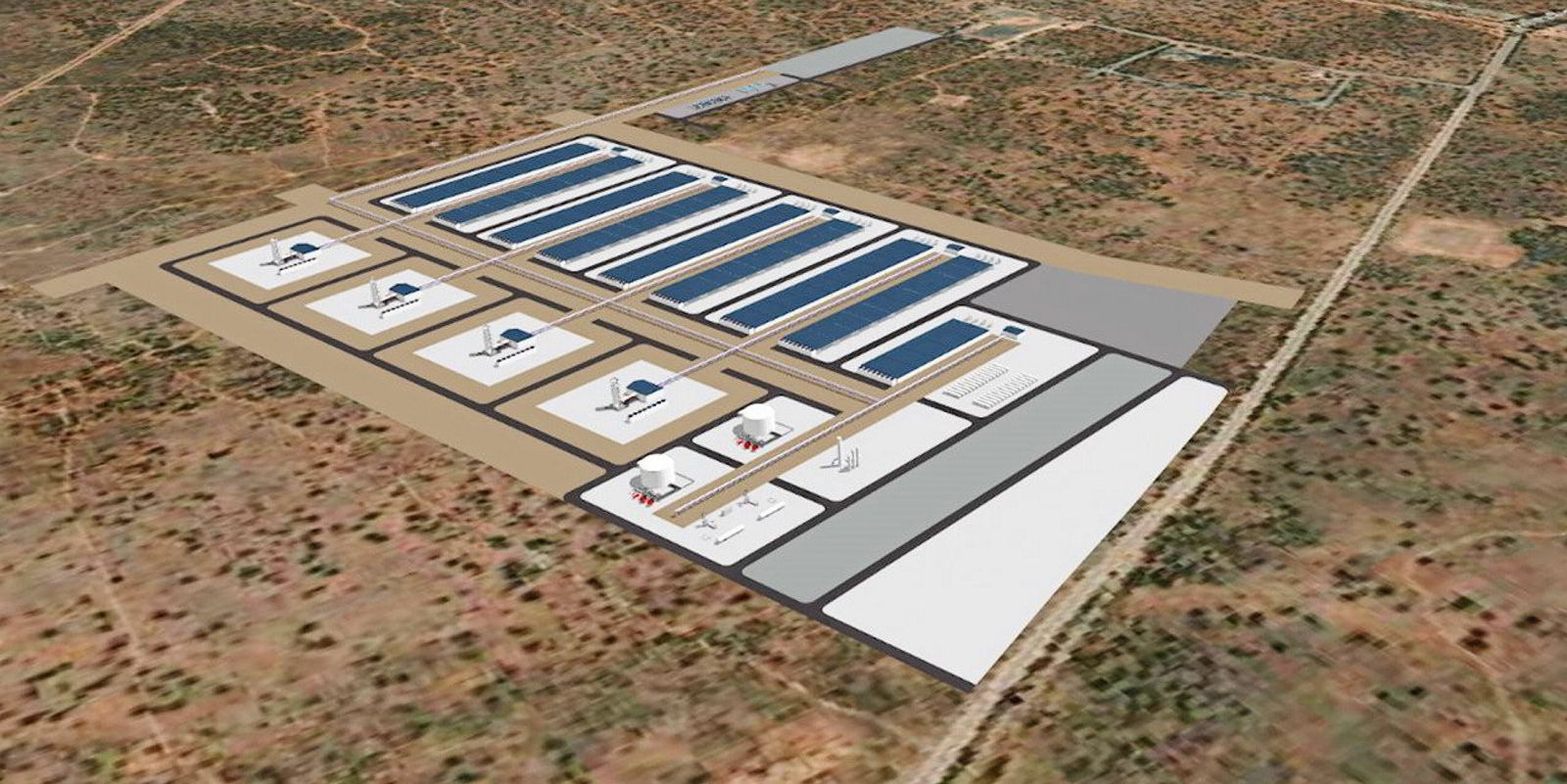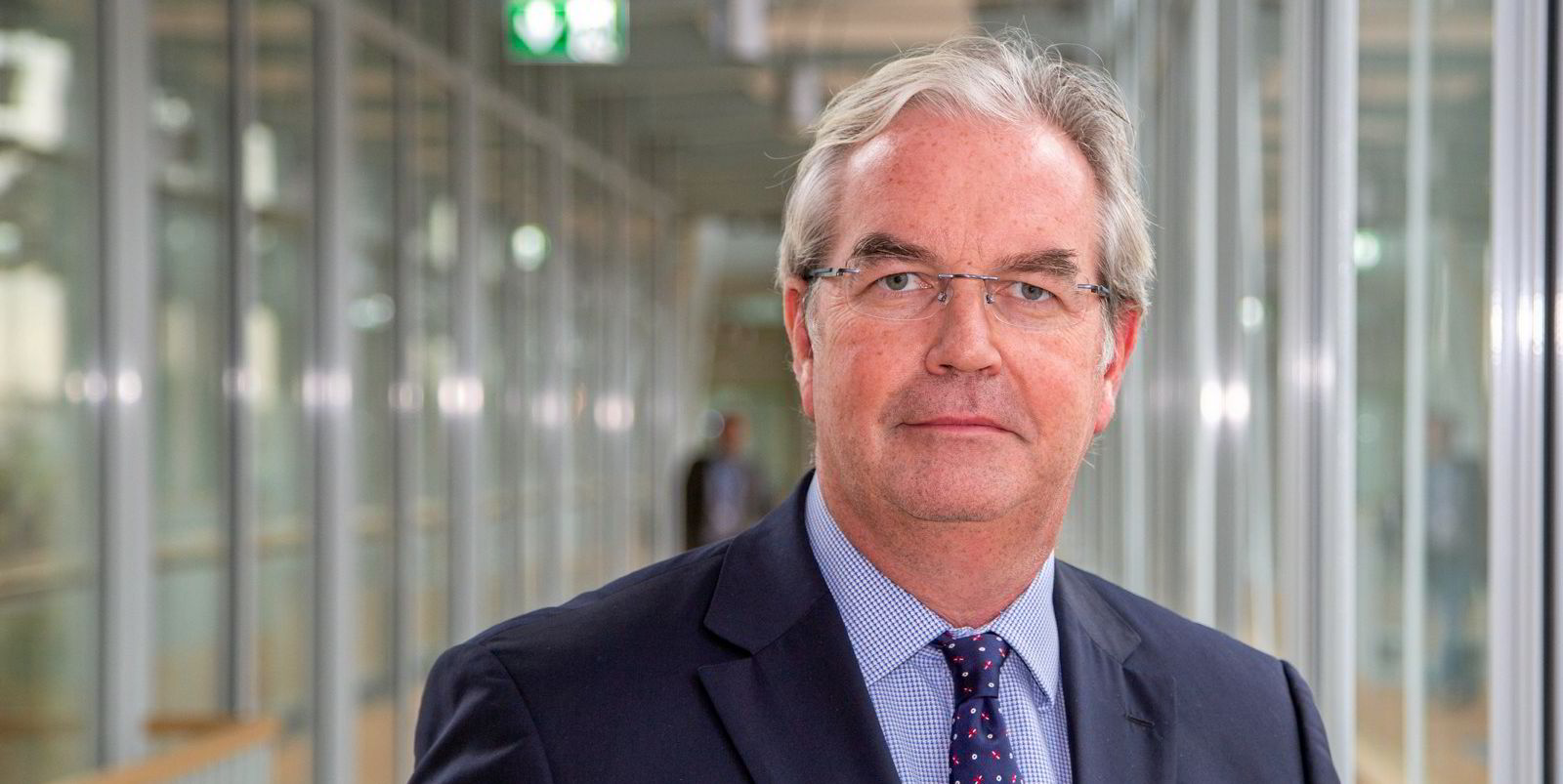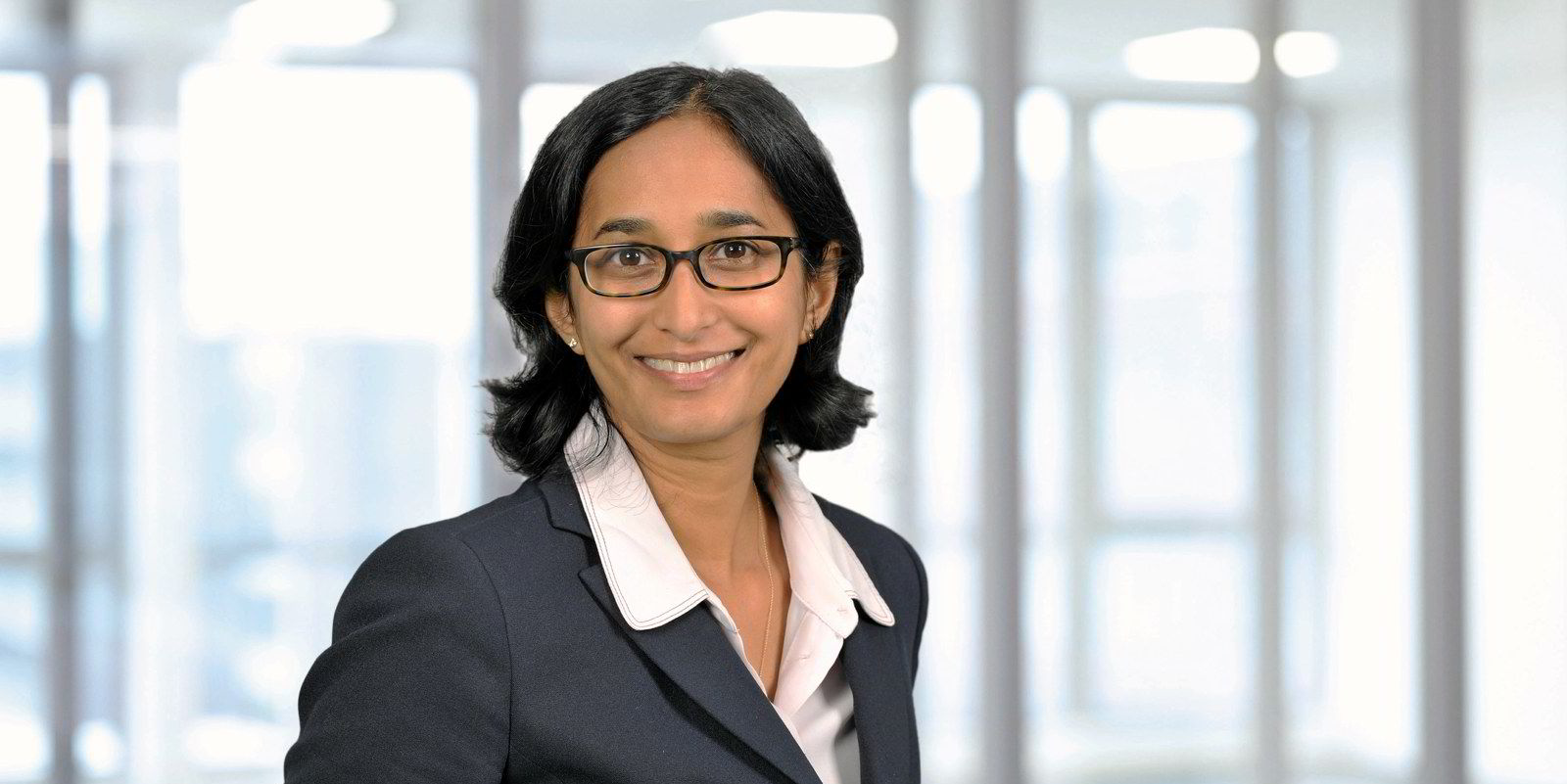RWE Supply & Trading has signed a memorandum of understanding (MoU) with Australia’s Hydrogen Utility (H2U) in a move aimed at building up global trading routes for green – renewables-produced – hydrogen between Australia and Germany.
The agreement is in line with a bi-lateral feasibility study called HySupply that was kicked off last December by the German Academy of Science and Engineering and the Federation of German Industries aiming at bringing green H2 to Germany.
Europe’s largest economy last year as part of a $10bn national hydrogen strategy said it will massively invest both in the ramp up of hydrogen technologies in Germany and the establishment of a global hydrogen economy to allow for large-scale imports of the green gas into the country.
“H2 is the perfect long-term solution to decarbonise industry, aviation and the transport of heavy goods. Australia is one of the countries that has excellent conditions to produce green hydrogen – low cost of production and a stable framework,” said Javier Moret, global head of liquefied natural gas (LNG) at RWE Supply & Trading.
“As a globally active trader of commodities, we have a lot of experience with shipping energy carriers – including Australian LNG – around the globe and see ourselves as a facilitator for global hydrogen trading.”
Hydrogen replacing LNG
RWE intends to book capacity at a planned terminal for LNG in Brunsbüttel near Hamburg for future imports of hydrogen into Germany, another indication of hydrogen replacing or foreshortening LNG plans in Europe’s biggest economy.
Uniper, a German utility owned by Finland’s Fortum, yesterday announced plans to turn the German North Sea port of Wilhelmshaven into a hub for green hydrogen, and build a hydrogen import terminal there instead of an LNG terminal.
H2U develops several hydrogen projects in Australia and New Zealand such as the Eyre Peninsula Gateway Project. At the planned location in South Australia, the company wants to build a 75MW electrolyser, which can supply hydrogen for about 40,000 tonnes of ammonia annually.
In a second phase of expansion throughout the 2020’s H2U wants to extend the capacity to 1.5GW of electrolysis.
“H2U is pleased to partner with RWE to explore the possibilities for providing affordable green hydrogen and hydrogen derivatives such as ammonia and synthetic methane to power Germany and Europe’s future,” said H2U chief executive Attilio Pigneri.
“We see the trading of green hydrogen to Europe being fully decarbonised using green ammonia as the shipping fuel of the future.”
Pigneri added that H2U has already attracted a cornerstone investment from Japan’s Mitsubishi Heavy Industries.
RWE next to its plans for hydrogen imports, in Australia is also building renewable energy plants, among them one of the largest solar projects in the country.
The company in Europe has rapidly become a key player in the emerging hydrogen industry, and is involved in some 30 projects, mostly in the Netherlands, the UK and Germany.



